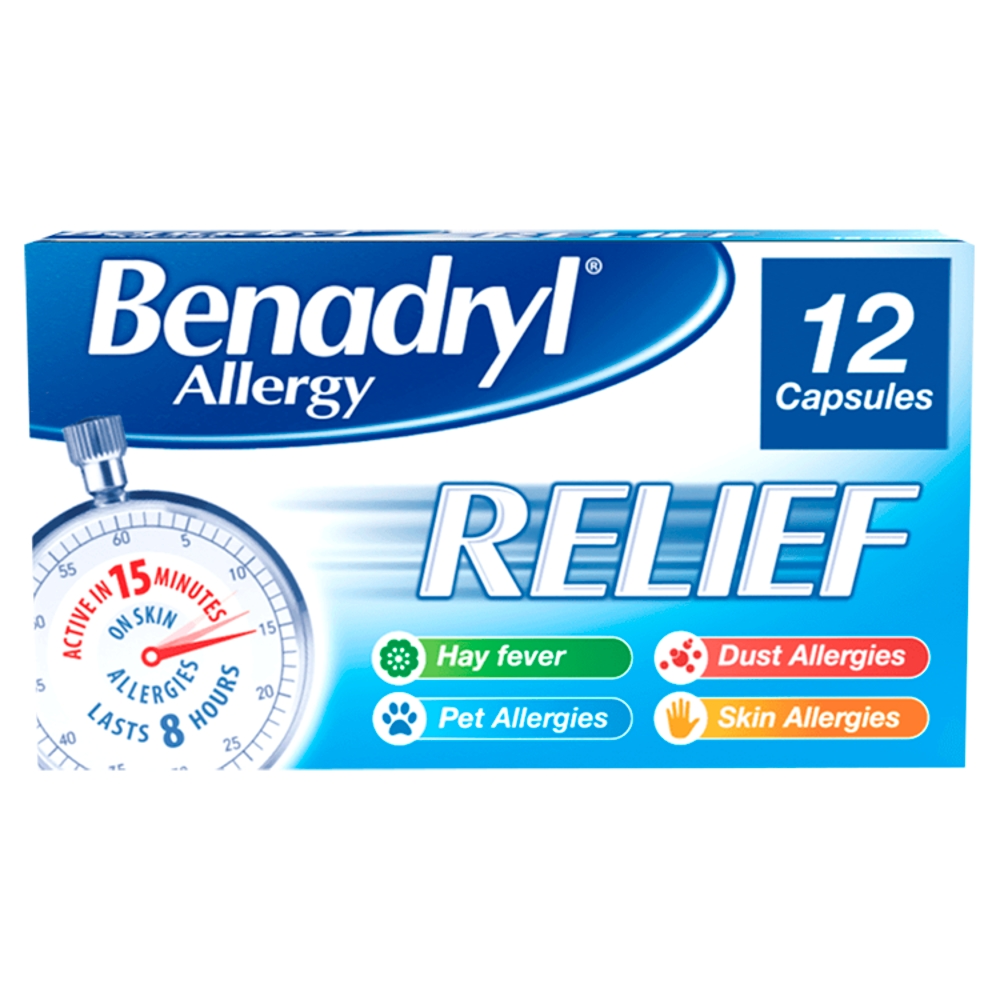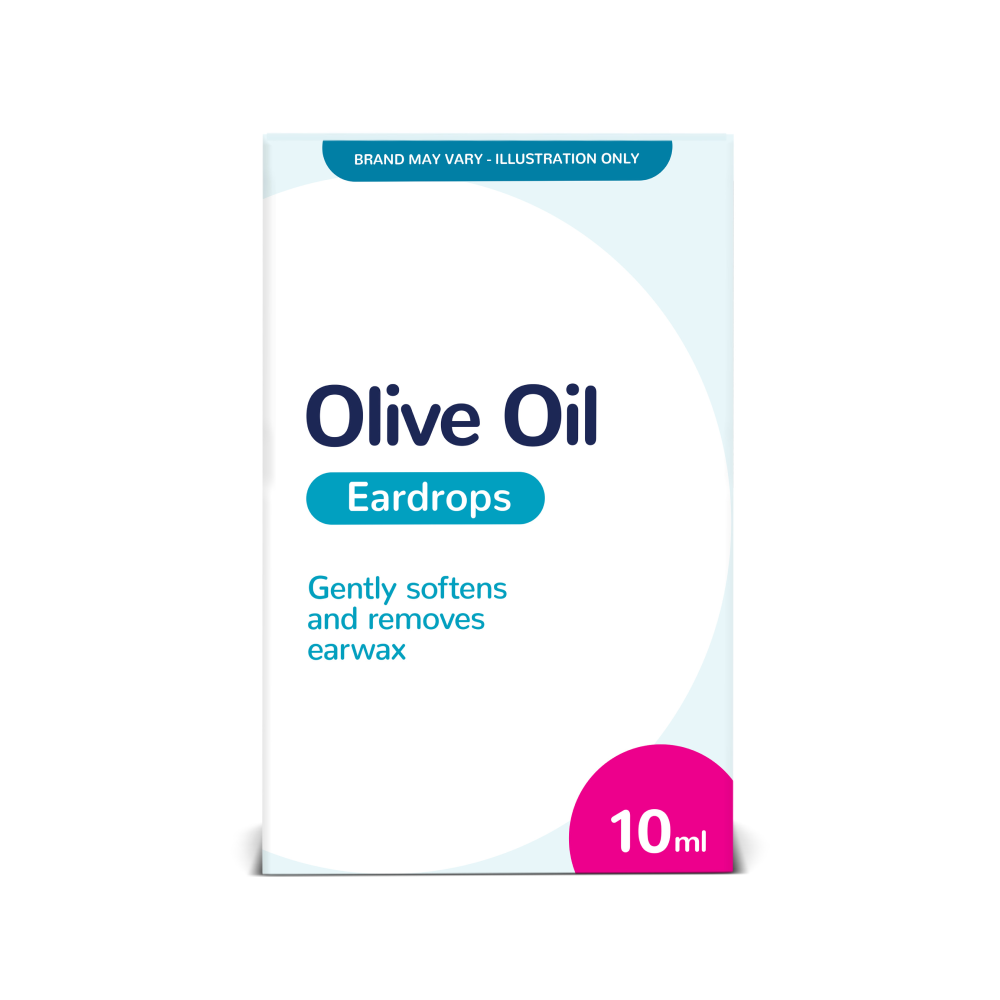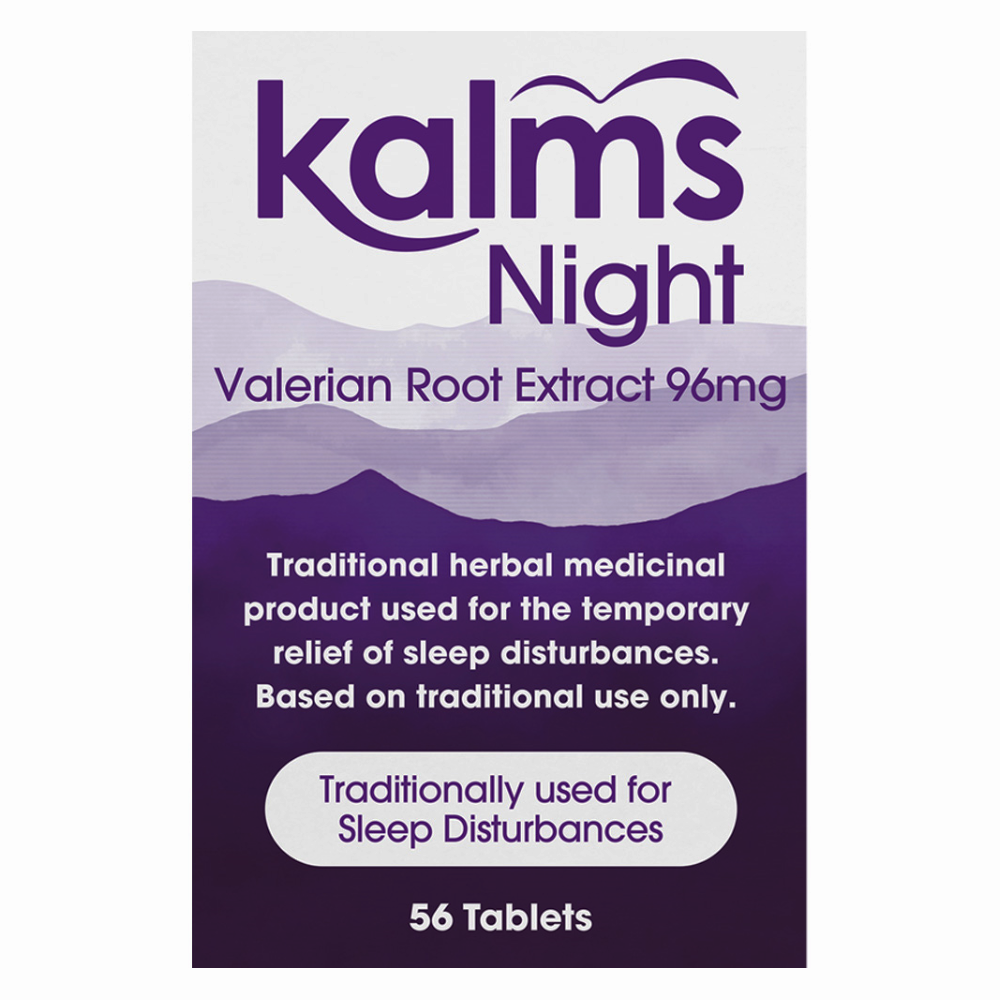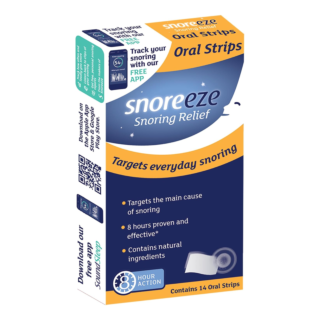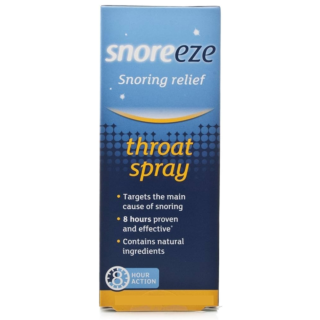Snoring
Snoring is a common problem that can affect your sleep and the sleep of those around you. It happens when air can't move freely through your nose and throat as you breathe during sleep, causing the surrounding tissues to vibrate. … Read More See less
For some, it’s just a problem that flares up from time to time. For others, it can be a sign of something more serious like sleep apnoea. Whether you're a light snorer or it’s keeping the whole house up at night - there are plenty of ways to manage it and get a better night’s rest as we explore in this guide.
What is snoring?
Snoring happens when air can’t move as freely through your airways while you sleep, causing the soft tissues in your nose, mouth or throat to vibrate and make a hoarse or loud sound.
It’s a common issue that can affect anyone, and while it’s usually harmless, it can sometimes lead to restless sleep - both for you and anyone sharing your bedroom!
In some cases snoring might also point to something more serious, so it’s worth keeping an eye on if it’s happening regularly and monitoring your symptoms.
Types of snoring
Not all snoring is the same - in fact, there are a few different types depending on what’s causing it in the first place.
Knowing the type of snoring you’re dealing with can help you find the right solution, especially if you’re looking at specific treatments or snoring aids.
Let’s break down the four most common types of snoring.
Nose-based snoring
This happens when your nasal passages are blocked or narrowed, perhaps because of a cold, allergies or a deviated septum.
When it’s harder to breathe through your nose your body may switch to mouth breathing instead, and this can lead to snoring.
Mouth-based snoring
Some people naturally breathe through their mouth while sleeping, whether that’s because of habit or a blocked nose.
Breathing through the mouth while sleeping can cause vibrations in the soft tissues at the back of the mouth, leading to an open mouth and snoring sounds.
Tongue-based snoring
When the muscles around your tongue relax too much during sleep, the tongue can fall back into the throat and partially block the airway.
This is more common if you sleep on your back, carry excessive fat around your neck or if you’ve had alcohol before bed.
Throat-based snoring
This type of snoring is caused by the vibration of soft tissues in the throat. It tends to be the loudest and can sometimes be linked to conditions like sleep apnoea.
This can be a dangerous condition if left unchecked and it may occur regardless of your sleeping position.
Why do people snore?
People snore for all sorts of reasons, but it usually boils down to how easily air can move through your airways while you sleep.
For some, it’s an occasional issue linked to things like having a cold or drinking alcohol. For others, it’s a regular issue caused by how they sleep or how their body is built.
Common reasons you may snore include:
- Sleeping on your back – which can cause the tongue to fall backwards and block the airway
- Nasal congestion from colds, allergies or sinus problems
- Drinking alcohol - especially before bed - as it can cause the muscles to overly relax
- Being overweight can lead to extra fat and tissue around the neck and throat making breathing more difficult when relaxed
- A naturally narrow airway or conditions like a deviated septum
Sometimes snoring can be a sign of an underlying issue like sleep apnoea. If so, it may need medical attention.
How to stop snoring
If snoring is affecting your sleep - or someone else’s - there are plenty of ways to tackle it. The right solution often depends on what's causing the snoring, so it may take a bit of trial and error to find what works best for you.
From simple lifestyle changes to tried-and-tested products, here are some options for you to consider.
Anti-snoring devices and aids
There’s a wide range of products designed to help reduce or stop snoring. Some of the most popular include:
- Nasal strips – These adhesive strips gently open up the nasal passages by widening the nostrils and can be helpful when snoring is caused by congestion
- Mouthpieces or mandibular advancement devices (MADs) – These hold your jaw in a forward position while you sleep, creating more room at the back of the throat to keep your airways open
- Chin straps – Helps stop you breathing through your mouth while you sleep by keeping the mouth closed, encouraging you to breathe through your nose. These can carry risks for some so be sure to research if this is the right option for you before purchasing
- Nasal dilators – Small devices worn inside the nostrils to improve airflow, working much like a nasal strip by widening the nostrils
- Snoring sprays – Sprays such as Snoreeze work by lubricating the tissues at the back of the throat or nose, reducing vibrations that cause snoring sounds
These aids are easy to use and non-invasive, making them a good place to start if you’re looking to reduce snoring.
Do nasal strips work for snoring?
Nasal strips can be an effective option if your snoring is caused by nasal congestion or restricted airflow through the nose.
They’re applied to the outside of the nose and work by gently lifting the nasal passages open, helping you breathe more easily through your nose instead of your mouth.
They’re drug-free, easy to use and suitable for both occasional and regular snorers - especially if you find your snoring gets worse when you have a cold or your allergies flare up.
When to see a doctor about snoring
Snoring is usually harmless but, in some cases, it can be a sign of something more serious - like sleep apnoea.
This is a condition where your breathing stops and starts while you sleep, often without you realising. It can lead to poor sleep quality, daytime tiredness and other health issues if left untreated.
You should speak to your GP if:
- Your snoring is very loud or frequent
- Snoring is impacting you or your partner’s life
- You stop breathing during sleep - your partner may notice this
- You wake up gasping or choking
- You feel exhausted during the day, even after a full night’s sleep
- You have headaches in the morning or difficulty concentrating
Getting the right diagnosis and support can make a big difference to your sleep and overall health - and there are effective treatments available if it turns out to be sleep apnoea which can help you manage symptoms.
Sources
- https://www.mayoclinic.org/diseases-conditions/snoring/symptoms-causes/syc-20377694
- https://www.nhs.uk/symptoms/snoring/
- https://www.resmed.co.in/blogs/types-of-snoring
- https://my.clevelandclinic.org/health/diseases/15580-snoring
- https://www.sleepfoundation.org/snoring/how-do-nasal-strips-work
- https://www.cpap.co.uk/cpap-products/cpap-alternatives/mandibular-advancement/
- https://snorer.com/chin-straps-to-stop-snoring/
- https://www.southfloridasinusandallergy.com/nasal-strips-vs-nasal-dilators-which-is-right-for-tackling-snoring
- https://www.sleepapnea.org/snoring/do-snoring-strips-really-work/
- https://www.nhs.uk/conditions/sleep-apnoea/

Free delivery when you spend over £39

100% discreet delivery for every item ordered

Fully regulated UK pharmacy
What causes snoring?
Snoring happens when your tongue, mouth, throat or airways in your nose are vibrating as you breathe. It can be caused by a range of factors: you may have blocked or narrow airways in your nose, your mouth may be falling open while you’re asleep or your tongue may be partially blocking the back of your throat. You’re more likely to snore if you’re overweight, smoke, drink too much alcohol or if you sleep in your back. Sometimes snoring can be caused by sleep apnoea, which is when your airways become temporarily blocked while you sleep.
How can I prevent snoring while sleeping?
Snoring is a common problem and it isn’t usually caused by anything serious. It can, however, disturb those around you and disrupt their sleep, so it’s best to take some preventative measures if your snoring is becoming a problem. These include trying to lose weight if you’re overweight, sleeping on your side and avoiding smoking, drinking too much alcohol and sleeping pills. You can also try throat sprays and nasal strips to help prevent snoring.
Can nasal strips help with snoring?
Congestion can often be worse at nighttime, leading to snoring because you’re more likely to breathe through your mouth when your nose is blocked.
Using a nasal strip can increase the airflow through your nose, helping to reduce snoring, making bedtime a more positive space for snorers and their partners.




